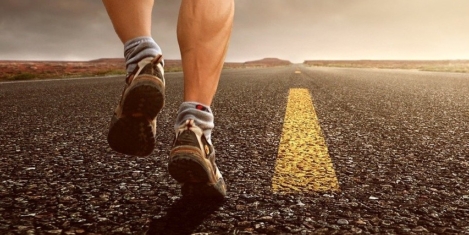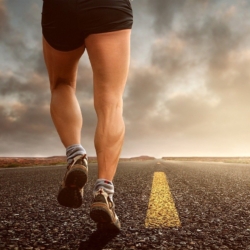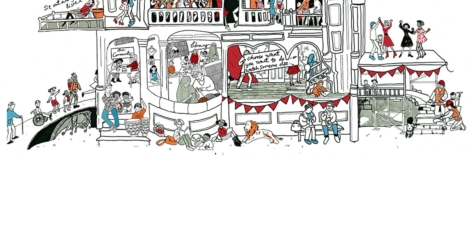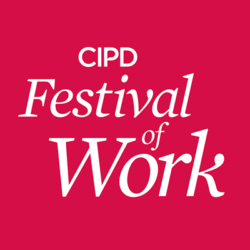July 27, 2020
Job market in London hit hardest by coronavirus pandemic
 New analysis of online vacancy data suggests that parts of London are now the most economically at risk from the coronavirus pandemic. The analysis of the UK job market compares the number of people claiming unemployment-related benefits in each local area with the number of vacancies. It claims that the four areas with the highest number of unemployed per vacancy are London Boroughs – Lambeth, Haringey, Brent, and Barking and Dagenham – with more than forty claimants chasing each available job. More than a third of all areas with thirty or more claimants-per-vacancy are London Boroughs. (more…)
New analysis of online vacancy data suggests that parts of London are now the most economically at risk from the coronavirus pandemic. The analysis of the UK job market compares the number of people claiming unemployment-related benefits in each local area with the number of vacancies. It claims that the four areas with the highest number of unemployed per vacancy are London Boroughs – Lambeth, Haringey, Brent, and Barking and Dagenham – with more than forty claimants chasing each available job. More than a third of all areas with thirty or more claimants-per-vacancy are London Boroughs. (more…)


















 One of the first research projects aimed at gauging the UK public’s attitude and responses to the coronavirus pandemic is being launched. Experts at
One of the first research projects aimed at gauging the UK public’s attitude and responses to the coronavirus pandemic is being launched. Experts at 
 In response to the coronavirus outbreak,
In response to the coronavirus outbreak, 









August 4, 2020
Boardroom heroes needed to transform working cultures
by Alex Fleming • Comment, Flexible working